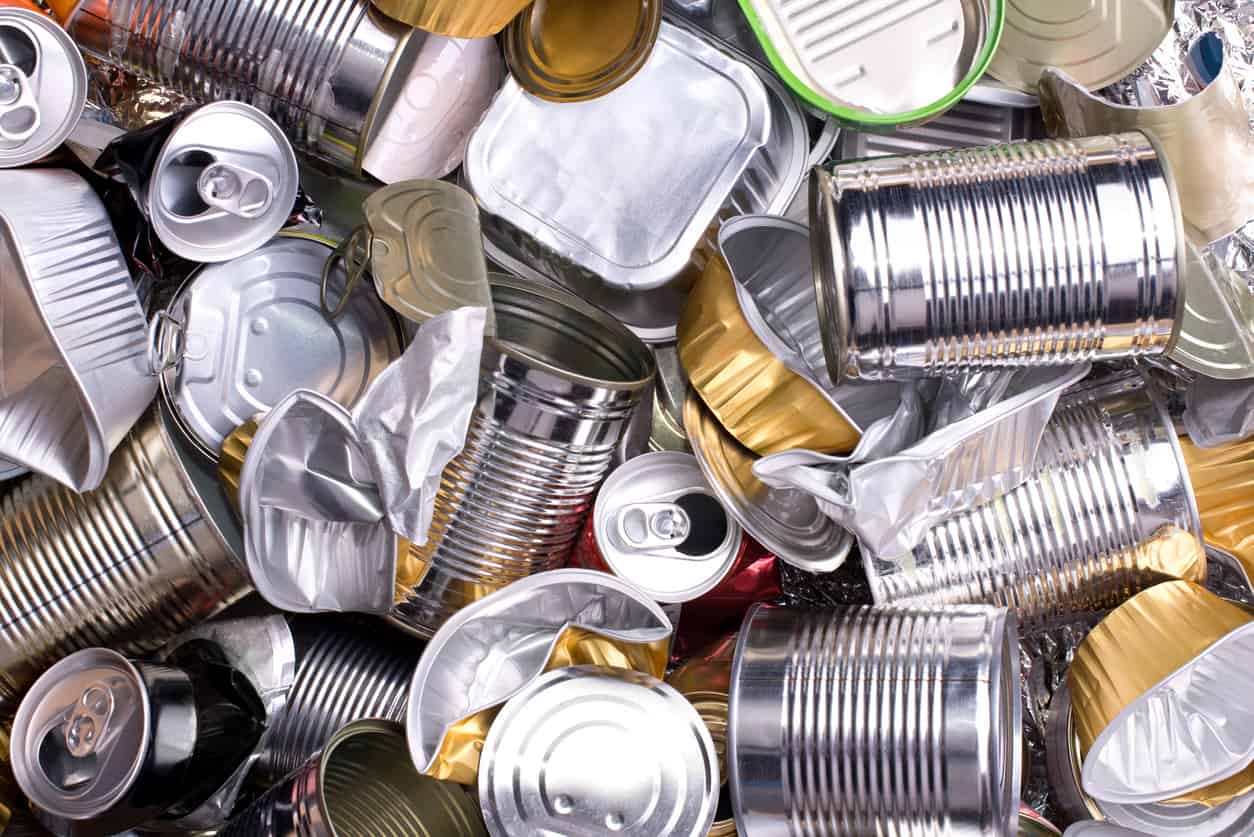

JAN 17, 2025
The world is dealing with environmental challenges and resource scarcity, prompting people to adopt sustainable practices like scrap metal recycling in McDonough, GA. This environmentally friendly solution offers many benefits, including conserving natural resources and reducing waste. However, the future of metal recycling is shaped by technological advancements, growing awareness globally, and policy reforms. As reputable scrap metal buyers, RCM Recycling can help you navigate the recycling landscape and understand how it can revolutionize industries.
As stated, the future of metal recycling relies on cutting-edge technologies that enhance efficiency and reduce environmental impact. Innovations such as artificial intelligence (AI) and robotics are transforming sorting processes. AI-powered systems can identify and isolate different metals with unparalleled accuracy, minimizing contamination and improving recycling rates. In addition, advancements in shredding and melting technologies enable scrap metal buyers to recover metals from complex products, such as electronics efficiently.
Government policies are vital in shaping the metal recycling industry. Most countries are introducing stricter regulations and incentives to encourage sustainable practices, making scrap metal recycling ideal if you want to reduce reliance on new materials. Some countries are strengthening policies to formalize their recycling sectors, addressing challenges such as informal operations and environmental hazards.
With the world shifting towards sustainable solutions, recycled metals have become popular because of lower environmental footprint and cost-effectiveness. Industries such as automotive, construction, and electronics rely on recycled materials to meet sustainability goals. A great example is aluminum, which can be reused indefinitely without losing quality. This makes it a preferred choice for manufacturing lightweight, energy-efficient products. The growing demand for recycled metals emphasizes the economic and environmental benefits.
Despite the high potential, the scrap metal recycling industry faces significant challenges. A major issue the sector faces is the complexity of modern products, which often combine multiple materials, making metal recovery difficult. In addition, inadequate infrastructure in many regions hinders efficient recycling. The informal recycling sector, especially in developing countries, also poses environmental and health risks because of unsafe practices. Addressing these challenges requires a collaborative effort between governments, industries, and scrap metal buyers in communities.
Consumer behavior is crucial in the success of metal recycling endeavors. Educating individuals about recycling and how to dispose of metal-containing products properly can significantly boost recycling rates. Awareness campaigns and initiatives, such as deposit return schemes for beverage containers, are effective in motivating consumers to engage in recycling efforts actively.
The future of metal recycling depends on international collaboration. Sharing best practices, technology, and knowledge across borders can boost progress. Organizations such as the United Nations and the International Metal Recycling Association are working to promote global standards and foster partnerships among stakeholders. Such cooperation ensures that even countries with limited resources can contribute to and benefit from sustainable recycling systems.
The future of metal recycling is promising, with digitization, growing awareness, and supportive policies driving its growth. However, overcoming challenges such as complex material recovery and inadequate infrastructure requires concerted efforts from all sectors of society. Contact RCM Recycling to embrace innovation and pave the way for a more sustainable and resource-efficient future.